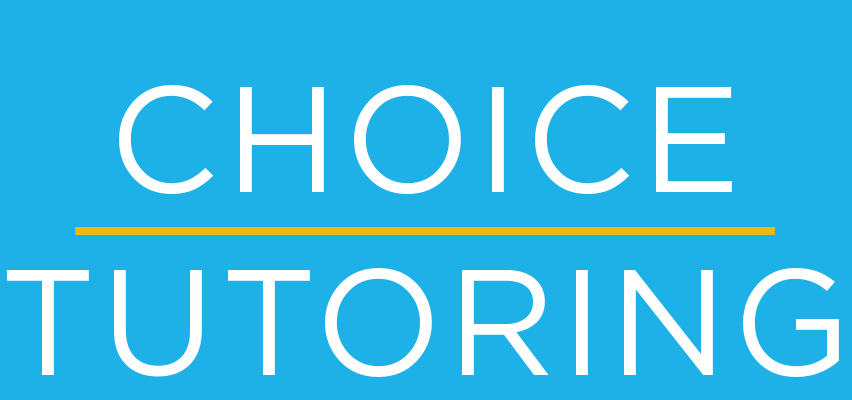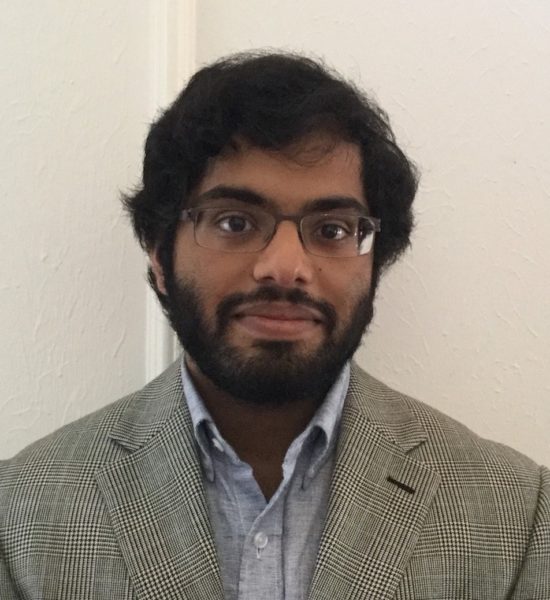A Memorable Teaching Experience: During my time at Rice, I worked as a TA for our Linear Algebra course for 2 years. For three of those semesters, I was lucky enough to work for a professor who actually listed “mathematical pedagogy” as one of his primary research interests. Working for him allowed me to see the process of not only building a curriculum but of the constant adjustments that effective teaching requires. We would meet once a week to discuss how the students did on the previous week’s problem set: what concepts they were getting, what they were struggling with, and what problems seemed to bring out the best in the most. This, combined with his directive for detailed grading, allowed me to really think about how to present material and how to enhance understanding through targeted practice. For example, we found that most students seemed to understand determinants more when given a problem that was more or less a real life example of an engineering situation that involved the determinant as some real-life quantity (I don’t remember what the exact problem was, though I vaguely recall that it was about traffic flow). Knowing how the determinant could be used helped them become better at actually calculating it! If I hadn’t taken this opportunity, I would’ve kept thinking that understanding what a given mathematical object is and actually calculating it are two rather separate skills but now I know better and my own teaching is much improved.
Personal Rewarding Educational Experience: I entered college with no real idea of what I wanted to study, so for the first year and a half I just took mostly random classes while making sure to hit the pre-requisites for every track, just for when I finally did decide. It was during my fourth semester that I took the two classes that really led me down the path I’d eventually take: an analytic number theory course and a course on Buddhist epistemology. Both courses honed my critical thinking skills and taught me how to develop and defend an argument but there was something else they offered that really sparked my interest in academics: freedom of thought. Doing well in those courses required a creativity that had no issue with bending or even breaking certain patterns or rules that I’d had ingrained in me by my education thus far. Up till now, math had always been about following certain laws and formulas. Now, I was told to put those aside and really explore and sometimes even seemingly break mathematic laws that I had always thought were engraved in stone. The Buddhist epistemology class had much the same effect for me regarding the fields of philosophy and linguistics. Both classes taught me that not all rules can be bent but that if you’re going to bend one, you’d better be able to properly justify it.
Favorite Quote:
“The time will come when, with elation you will greet yourself arriving at your own door, in your own mirror and each will smile at the other’s welcome, and say, sit here. Eat.” – Derek Walcott, from Love after Love
Fun Facts:
Sports have always been central in my life: I’ve played tennis since I was 4 and cricket since I was 6. I also love basketball but am absolutely dreadful on the court, so I just stick to cheering for the Rockets!
By volunteering for a charity run by some members of my extended family, I’ve learned how to administer eye exams and prescribe glasses.
Interests:
I read and write a lot of poetry but I’ve lately, I’ve been trying to write some short stories.
I love learning about languages (their history, how they’ve evolved, comparative grammar, etc…). I’m fluent in a couple of South Indian languages, plus Sanskrit. I’m currently learning Classical Tibetan and have just started studying some Russian as well.
I love cooking so much that I regularly browse the non-English language internet during my down time for obscure recipes that I can force my family and friends to try.
Biography: I was born in Manhattan, Kansas and spent my time growing up roughly split between Kansas City, Missouri and Kerala, a state on the southwestern coast of India. When I was fifteen, my parents and I moved here to Houston, where I finished high school at Lamar and college at Rice. In college, after a period of not really knowing exactly what I wanted to study, I became enamored with math and philosophy. However, I soon realized I wanted to study philosophies more personally relevant to me, which led to me taking a course in Buddhist epistemology. I was utterly fascinated and decided to learn all that I could not just about Buddhist thought but about Asian/South Asian histories, literatures, and religions, leading to my second degree in Asian Studies. In addition to tutoring, I’m currently studying Classical Tibetan, brushing up on my Sanskrit, and dipping my toes into the waters of computational linguistics in preparation for graduate school.
Future Goals: My goal for the next few years is to pursue a doctorate in something linguistics related, most likely historical linguistics focusing on South/Southeast Asian and Himalayan languages. In the longer term, I would love to open a bookstore, perhaps even with a small press showcasing local literary talent and lesser-known works in translation.
Educational Background:
B.A. Mathematics and Asian Studies from Rice University

